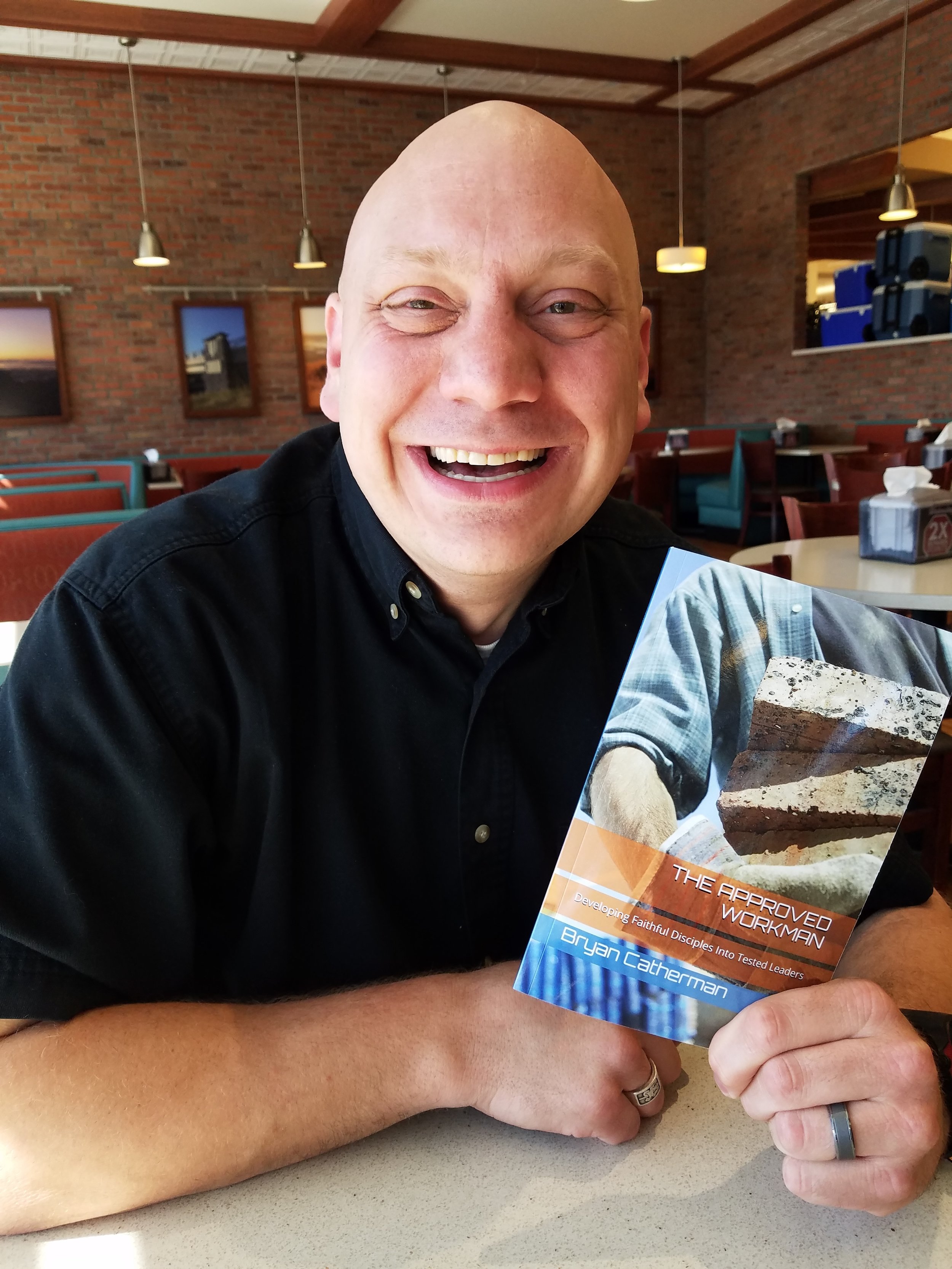I’m pleased to announce that I’ve written a book and it’s now available.
Over the years, I've sat with a few young men who have expressed that they want to be pastors. Sometimes they talk of going to Bible college or seminary, but often they don't have the funds or can’t go. Boots-on-the-ground training--that's what they'd like from me. Some conversations have to do with becoming a missionary in a far-away land. Other discussions have something to do with church-planting, especially bi-vocational church planting. The church planters and church planting networks dialogue on this idea too.
The big question: How do we train local pastors for the local mission field?
There are many resources out there. One could easily use the free stuff at BiblicalTraining.org. There are training programs like Gateway's Advance program. NAMB has a Multiplication Pipeline. And of course, there's seminary on campus or online. The trouble is not finding the resources. There are plenty of resources. The more significant challenge is having a good, customizable roadmap that takes the best advantage of the available resources. That’s the heart and intention behind the book.
After a few years of this ongoing conversation, I finally wrote out a roadmap. It’s called The Approved Workman: Developing Faithful Disciples into Tested Leaders. In 135 bound pages, I set out to explain each step of the journey and then provide something of a workbook to chart the progress. Starting with a section called The Initial Christian Life, I plot a course through prayer, evangelism and discipleship, learning to lead small groups, and then on to the training of a pastor. To conclude, I also added a section on sharpening the saw as a seasoned pastor and an appendix about how to conduct an ordination board or council, to include what topics to examine in the candidate.
I intend that a pastor (or trainer) and a trainee will work through the book together. I also expect that a wide variety of resources will be used so the book is written in such a way that edits and additions are simple.
Is it enough? I don't know.
The early part of the journey is simple enough. There are lots of books on the early topics, and I focused on discipleship in my doctoral work. For the pastoral training however, I took all my syllabi from seminary and assembled a step by step reading list. I explored other books and updates. I’ve read all books listed in The Approved Workman (except all the Counterpoints Series) and many of the authors have been guests on Salty Believer Unscripted. From my experience, I built a task list of things that should be done with help and supervision to gain practical experience. Then I asked may other professors and pastors for ideas and suggestions. The result is a robust guide. One could check off the steps by going to seminary, or one could do the hard work outside of the seminary--either way, the goal is to become a proficient, trained pastor, missionary, or church planter.
I used the print-on-demand option through Amazon because I wanted the ability to make updates if better resources come along. And honestly, I wasn't sure how many publishers would be okay promoting so much work from other publishers.
If you're looking to grow into a pastor and need some guidance about which steps to take, I pray this book will help you. If you're a pastor looking to train up others, this book was designed for you. I highly encourage you to get a copy, make the edits you need, and starting training up the next generation of pastors, missionaries, and church plants.
Pick up a copy of The Approved Workman by following this link.
I sincerely hope this book serves as a good addition to our efforts to train up the pastors behind us.
For the Kingdom!
Dr. Bryan Catherman
** Special Note: There's a Kindle version of The Approved Workman; however, it's available in that format primarily for the trainer who will not need to write and mark in the book. The Kindle formatting might also become a challenge in the area of task lists.




















